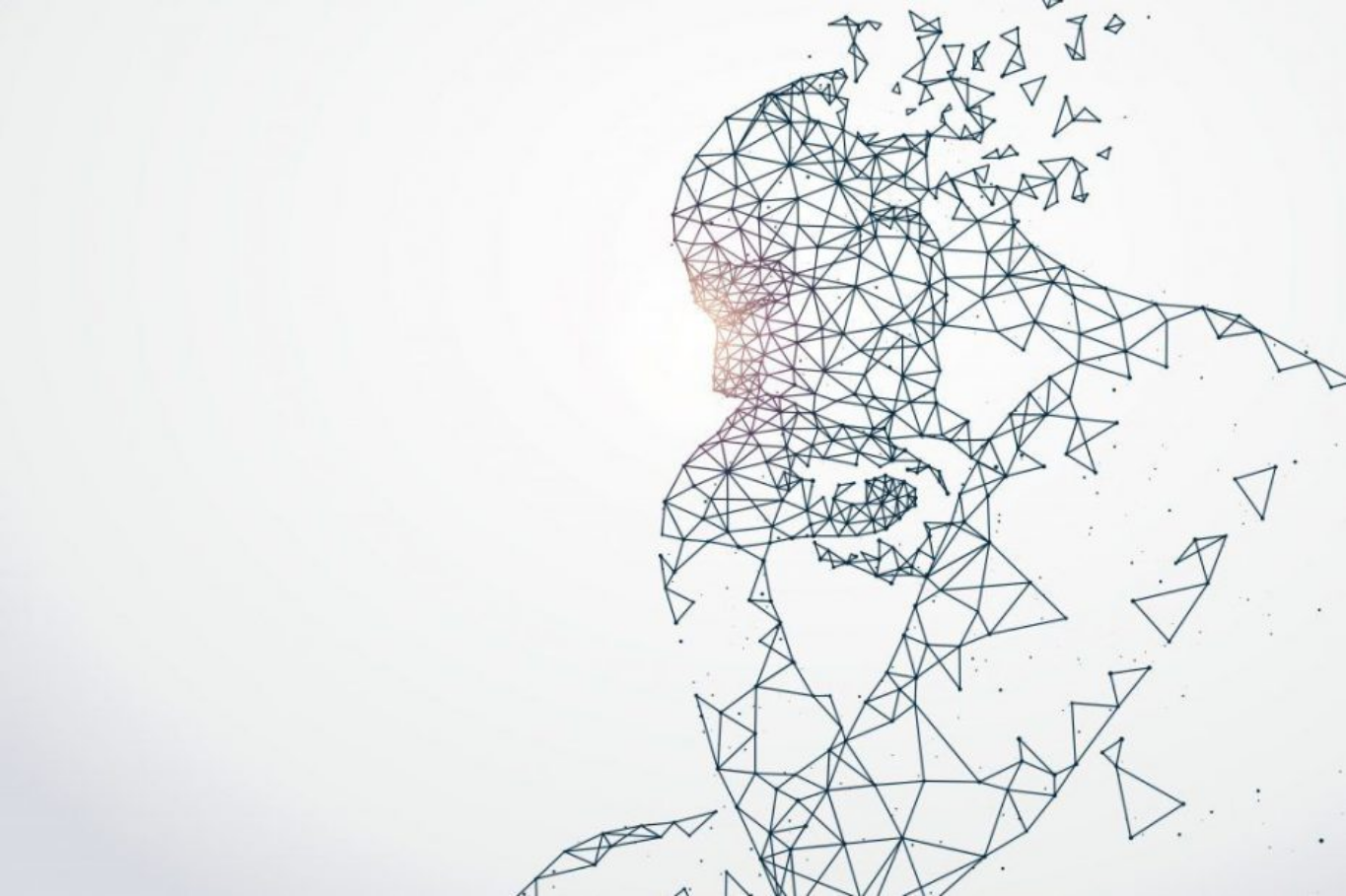The technological advances of the last decades have improved our quality of life in a substantial way. Even so, there are still many scientific milestones to be achieved, as well as technical challenges to address.
Could Blockchain technology add some kind of value in the health sector ? This is a reflection on the other day. There are several forums or events in which doctors and technologists meet to discuss this challenge, such as the Healt20Basque event in which we also participated.
Applications in the healthcare field
Particularly great potential for AI is seen in the healthcare sector. AI systems already recognize metastases in tissue sections of lymph nodes better than experienced pathologists, for example, or support radiologists in diagnosing lung cancer. With x-rays, the shape and gray tones of different areas are analyzed and matches are searched for with thousands of images of tumors or cysts.
With the increase in computing power, it has only been possible to use AI systems on a large scale for a few years. So today we have reached a point where technology is no longer an obstacle. In fact, it’s more a question of creativity, the necessary database and funding.
In the following lines we will explain three examples where blockchain technology could be applied in healthcare.

1. Unique and controlled medical history
The current health system is a decentralized system where the clinical history of each patient is distributed by multiple centers. Each center stores part of the history of each user, which is not shared with others. As a consequence, patients are forced to repeat tests, even applying the same treatments that did not work in their day.
Blockchain technology will allow to overcome this handicap. The construction of a system that allows information to be shared between medical centers is a reality within our reach. The blockchain guarantees the immediacy and validity of the data to all the participants of the system, therefore, this technology fits like a glove in the current decentralized health system.
Thanks to the application of this technology, the following will be achieved:
Avoid duplicate tests that are performed on patients, which also reduces costs
Updated critical information without the need for any type of procedure
Control over the history of each patient against possible cases of negligence, knowledge of who accesses the history and the author of each record
2. Confidentiality and new knowledge
Information sharing and lack of confidentiality do not have to be related. The evolution of this technology will grant users control over their data, with the patients themselves managing and controlling the access and use made of their medical records .
On the other hand, the application of Blockchain in healthcare will generate a new source of information never known before. Knowing part of the history of each patient will allow us to detect patterns that appear before certain diseases or find out which are the most effective treatments . Thanks to this, we can improve our prevention and cure systems, saving human lives.
3. Drug control
Blockchain technology could also be applied to more efficiently and automatically control and manage drug consumption and production . Including pharmacies in the system would allow doctors to control their patients’ consumption. In addition, the preparation and supply of drugs could be automated based on what is prescribed in medical centers.
